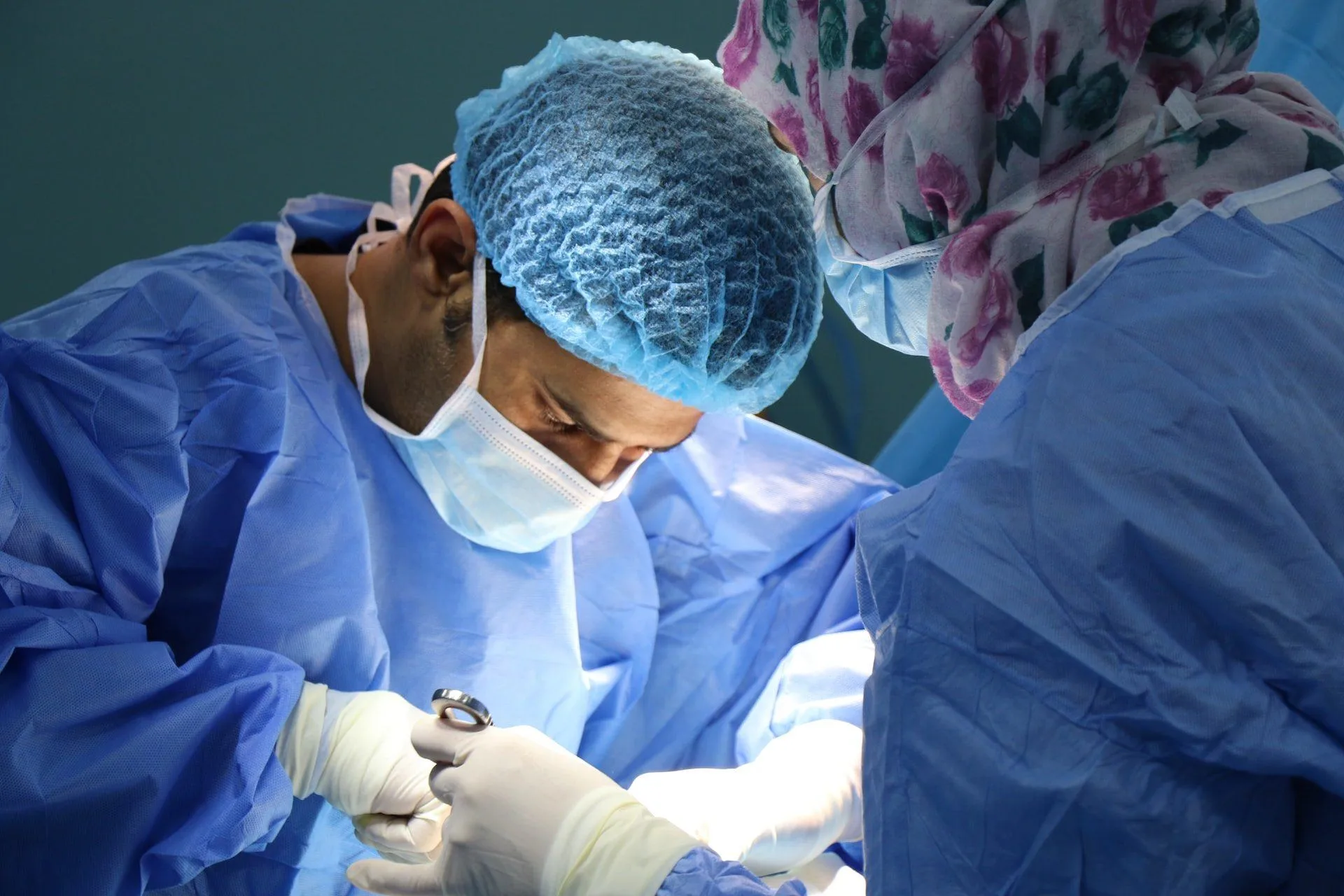Teen plastic surgery has been on the rise since 2003. While the trend was noted, the traditional medical dogma of not operating on patients younger than 18 remained the unofficial position of many surgical societies and their members.
Mirroring the scientific literature, writers of the Baby Boomer and Gen X generations often present a negative view of teenage plastic surgery. Gen Z, on the other hand, generally expresses strongly positive attitudes towards it.
What do plastic surgeons think?
In 2015, the American Society of Plastic Surgeons formally released a briefing paper on adolescent plastic surgery. They note the unique reasons why most teens request surgery and confirm that suitability for a procedure remains a clinical decision. They support open dialogue between the patient, their parents, and the surgeon in making such decisions.

Photo by Melissa Askew on Unsplash
The most rewarding outcomes are realized when three situational factors co-exist. First, the request for surgery should be initiated by the patient themselves, and the request should be clearly and repeatedly expressed. Second, the patient should present realistic goals, and show understanding of both the benefits and limitations of the surgery. Finally, the patient should demonstrate the emotional stability required to endure the recovery from surgery.
Different countries, different approaches
In the US, the consent process involves both the adolescent patient and their legal guardians. In South Africa, we have a legally unique situation. Recent changes to both the Child Act and the Health Act have altered the legal age of consent (to surgery) from 18 to 12. The Acts do specify that children under the age of 18 should be assisted by their legal guardians and suggest their “assent”, but ultimately the consent is to be given by the child.
For guidance, the Health Professions Council of South Africa (HPCSA) published “Form 34” for “parental assent”. However, this “assent” is not well defined legally, nor is it absolutely required. Extra caution is advised when there is a disagreement between the adolescent patient and their parents.
Why do teens seek plastic surgery?
The most common reasons are related to features that they feel are “awkward” or “flawed”. Frequently, this represents a feature that falls outside the normal distribution for size and shape.
A distinguishing characteristic is that adolescents request surgery to “fit in”, while adults seek surgery to “stand out”.
Medical literature notes an increase in self-esteem and confidence following surgery, with a reversal of social isolation, depression, and anxiety. This makes well-timed, well-planned surgery very rewarding. Satisfaction with surgery exceeds 90% in these patients.
What kind of plastic surgery are teens seeking?
Of the invasive procedures, nose surgery remains the largest category. According to statistics published by the American Society of Plastic Surgeons, 30 260 rhinoplasties were performed in 2018, accounting for nearly 47% of all surgeries on patients 13 to 19 years old. Breast surgery was next, with 16 047 procedures – 9 717 on female and 6 330 on male patients. Ear surgery rounds out the top three, with 6 391 procedures.

Photo by Julia M Cameron from Pexels
For minimally invasive procedures, laser procedures (for hair removal, leg veins, and skin surface texture) are by far the largest category, with 117 760 procedures, which is 73% of the total. In second place is Botulinum toxin treatment, with 21 575 procedures, and 7 207 chemical peels making them the third most popular.
To get the greatest outcomes, thoroughly weigh your alternatives and speak with a skilled professional if you’re thinking of getting a plasma pen nose job. You can decide whether a plasma pen nose job is correct for you by having reasonable expectations and being aware of the treatment’s limits. Expectations for a non-surgical nose job or plasma pen nose job are cosmetic procedures that employ a plasma pen to contour and sculpt the nose without surgery. Although the operation can be helpful for some cosmetic issues, it’s crucial to have reasonable expectations before having it done. If you want to learn more, visit Dermavel.
What are the issues related to teen cosmetic surgery?
The legal and financial issues are immediately obvious. Ethical considerations are also controversial. Surgeons must remain cognizant of peer-pressure influences while balancing the patient’s right to autonomy. Ultimately, each medical decision must be taken on its own merits, and once the indications for surgery are met, the balance of the probabilities of harm and benefit will inform the decision process.
One of the burning issues is related to the potential future development of the patient. Breast surgery is the most concerning anatomical area.
Conclusion
Operating on adolescents is a highly emotive issue and fraught with controversy. Medical professionals who consult and treat adolescents should do so with level-headed objectivity. They should offer options that are supported by both evidence-based medicine and their own ethical compasses.
As the bulk of the medical literature relating to adolescent plastic surgery has been published only in the last four years, this is a rapidly evolving field.



![women [longevity live]](https://longevitylive.com/wp-content/uploads/2020/01/photo-of-women-walking-down-the-street-1116984-100x100.jpg)










